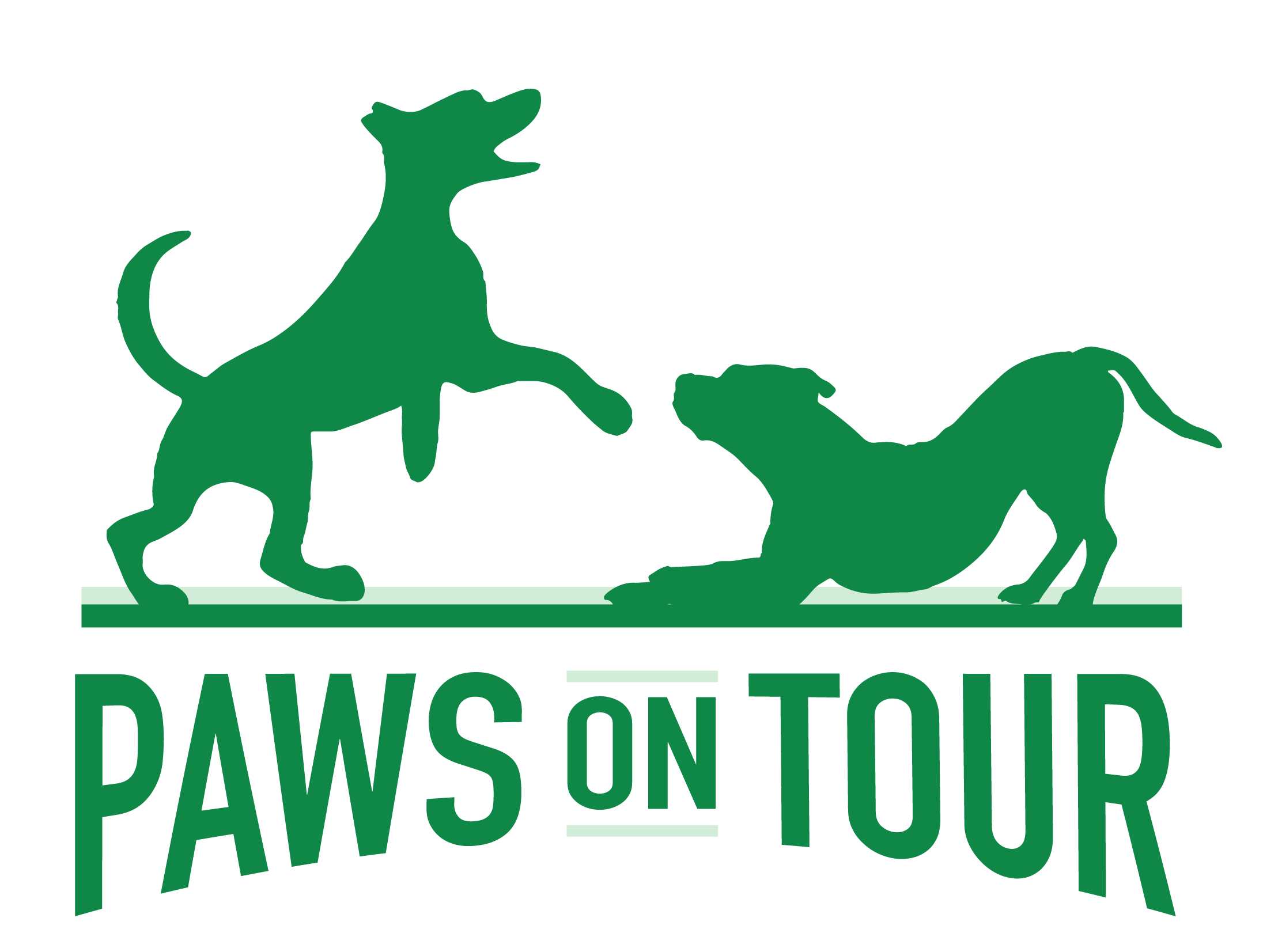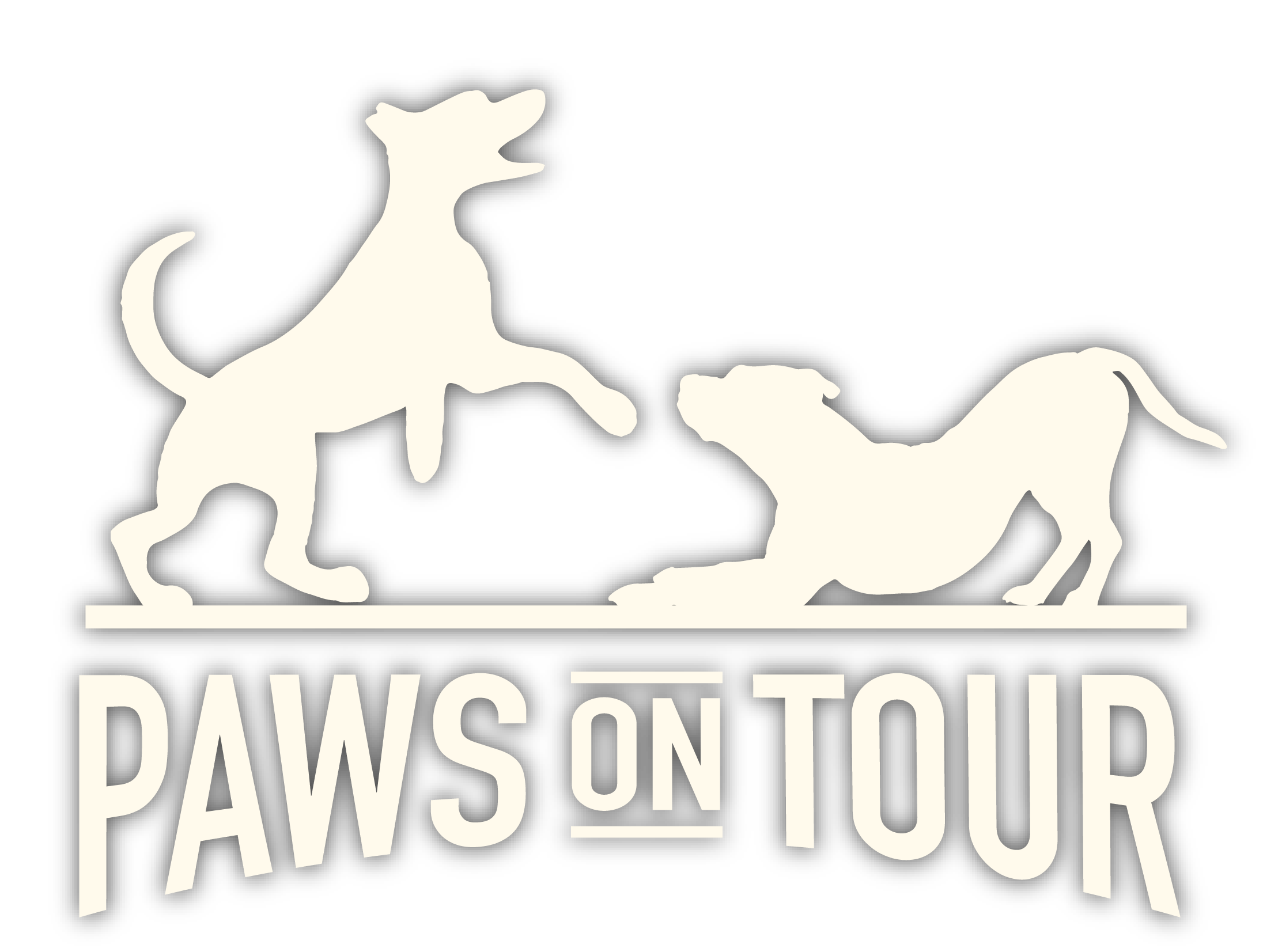
10 foods to avoid feeding your dog
While we all love to treat our dogs and are guilty of slipping them a treat or two, there are 10 human foods that we should avoid giving to our furry pals and for good reason. Dogs stomachs are different from ours and cannot process the same foods that we can. These foods can be toxic to your dog which can cause ongoing health issues and even death. If you are concerned that your dog may have consumed one of the below foods please contact your local vet immediately and seek medical advice as soon as possible. Click for more...

While we all love to treat our dogs and are guilty of slipping them a treat or two, there are 10 human foods that we should avoid giving to our furry pals and for good reason. Dogs stomachs are different from ours and cannot process the same foods that we can. These foods can be toxic to your dog which can cause ongoing health issues and even death. If you are concerned that your dog may have consumed one of the below foods please contact your local vet immediately and seek medical advice as soon as possible.
1. Xylitol
Xylitol is a naturally occurring substance that is widely used as a sugar substitute these days. Commercially it can be found in 'sugar-free' foods like sugarless gum, mints, toothpaste, sugar-free confectionery, baked goodies and even some brands of peanut butter. VCA Animal Hospitals of America claim that Xylitol is x100 times more toxic to dogs than chocolate! Ingestion can cause a life-threatening drop in your dog’s blood sugar, as possible liver damage. Symptoms include loss of coordination, vomiting and seizures. According to the Pet Poison Helpline, a 4.5kg dog would only need to eat a single piece of sugar-free gum would be regarded as a potentially toxic dose. Dogs that ingest larger amounts of Xylitol and survive are at greater risk of developing liver failure. If you suspect that your dog has consumed anything that might contain Xylitol it is important that you contact your vet immediately. Always double check the label especially on peanut butter for your pets treats and Kong chew toys.
2. Grapes & Raisins
While grapes and raisins are not harmful to some dogs, they have been associated with kidney failure in others. So really, it’s not worth the risk to find out! Grape or raisin ingestion even small amounts can be toxic for some dogs while other dogs can ingest relatively large amounts without developing obvious symptoms. The toxic agent has not yet been identified but appears to be associated with the flesh of the fruit. In other words, peeled and/or seedless grapes are still toxic. Symptoms can include diarrhea, vomiting and lethargy which can occur within 12 hours of ingestion. If the symptoms are not treated, they can lead to dehydration, decreased appetite and increased urination followed by decreased urination. If your dog has consumed grapes or raisins and they show the above symptoms, take them to a vet immediately. Your dog can develop long-term kidney disease or even die from kidney failure within 3-4 days.3. Tea, Coffee & Chocolate
It’s a pretty well-known fact that chocolate is harmful to dogs. The amount and type of chocolate your dog consumes determine the symptoms and toxicity level he will experience. Tea and coffee contain caffeine which is also very bad for your dog's heart. Symptoms of consumption can include vomiting, diarrhea, increased thirst, abdominal discomfort, lethargy, muscle tremors, irregular heartbeat, high body temperature, seizures and death. The darker the chocolate is (for instance, baker’s chocolate or cocoa powder), the more dangerous it is to your pet. They contain a higher concentration of caffeine and theobromine, both of which cause toxicosis in dogs. When you are sipping your cappuccino at your local cafe always keep your dog away from coffee and any other caffeinated beverages.
4. Alcohol & Hops
While this may seem like a no-brainer most people would be surprised to know that traces of alcohol can still be found in our drinks, syrups and cakes. Most products contain ethanol which can cause alcohol intoxication in dogs. Signs of intoxication include vomiting, disorientation, high body temperature, restlessness, excessive panting, muscle tremors and seizures. Dogs who show signs of alcohol intoxication should be monitored by a vet until they recover, as it can cause organ failure and in extreme cases death.
With home brewing on the rise ingestion of hops plugs and pellets to make beer can also be toxic depending on the amount ingested by the pet.
5. Garlic, Onions, Leeks & Chives
Anything in the onion family such as garlic, chives, scallions and shallots are toxic to dogs. Garlic alone is x5 as potent as an onion. They contain compounds that can cause gastroenteritis, anemia and serious damage to the red blood cells. Signs of onion or garlic poisoning often may not appear for several days after ingestion but symptoms can include drooling, lethargy, weakness and orange- to dark red-tinged urine. Although Japanese breeds of dogs such as Shiba Inus and Akitas tend to be more sensitive to garlic and onions you should be careful when feeding foods that may contain these ingredients.
6. Macadamia Nuts
Keep your dog away from macadamia nuts and foods that have macadamia nuts in them. Just 6 raw or roasted macadamia nuts can make a dog very sick. Look for symptoms like muscle shakes, vomiting, high temperature, and weakness in his back legs. Eating chocolate with the nuts will make symptoms worse, maybe even leading to death.
7. Yeast Dough
Before it’s baked, bread dough needs to rise. And, that’s exactly what it would do in your dog’s stomach if they happened to eat it. As it swells inside, the dough can stretch your dog’s abdomen and cause severe and painful bloating which can result in what they refer to as a twisted stomach. Also, when the yeast ferments the dough to help make it rise, it also makes alcohol which can then cause alcohol poisoning of your pet.
8. Avocado
Avocados although healthy for us humans they contain a toxin called 'Persin'. Eating the skin, flesh and leaves of the avocado may cause vomiting and diarrhoea and it's recommended to take your pet straight to the vet if this occurs. If you grow avocados at home, keep your dog away from the plants and hanging fruit. The avocado seed poses a high risk to your pet and if ingested can become stuck in the esophagus, stomach or intestine which can be fatal.
9. Milk & Other Dairy Products
On a hot day, it may be tempting to share your ice cream with your dog. Instead, give them some cold water or a frozen water treat instead. Milk and milk-based products can cause diarrhea, gas and other digestive problems for your dog and they have trouble digesting the lactose in most of these products. They can also trigger food allergies, which can cause your pet to itch. Plain greek yoghurt is ok for dogs once in a while as the live cultures in this plain yoghurt can help digest the lactose that is present in yoghurt. Though unfortunately most dogs will still struggle to digest this and may cause stomach upsets.
10. Apricots & Cherries
The flesh is not toxic however the fruits, seeds, tree and leaves are and will result in poisoning if ingested. These all contain cyanide which can cause your pet to have dilated pupils and difficulty breathing due to inadequate oxygen levels. Seek immediate medical help if your pet has ingested whole apricots or cherries as they may have cyanide poisoning.
If you think your pet has ingested any of these foods or any other questionable substance, immediately contact your veterinarian for assistance. Accurate and timely identification of what your pet has consumed is very important information for your vet to administer the correct treatment. Having the container, package, or label in hand will save valuable time and may save the life of your beloved pet.



